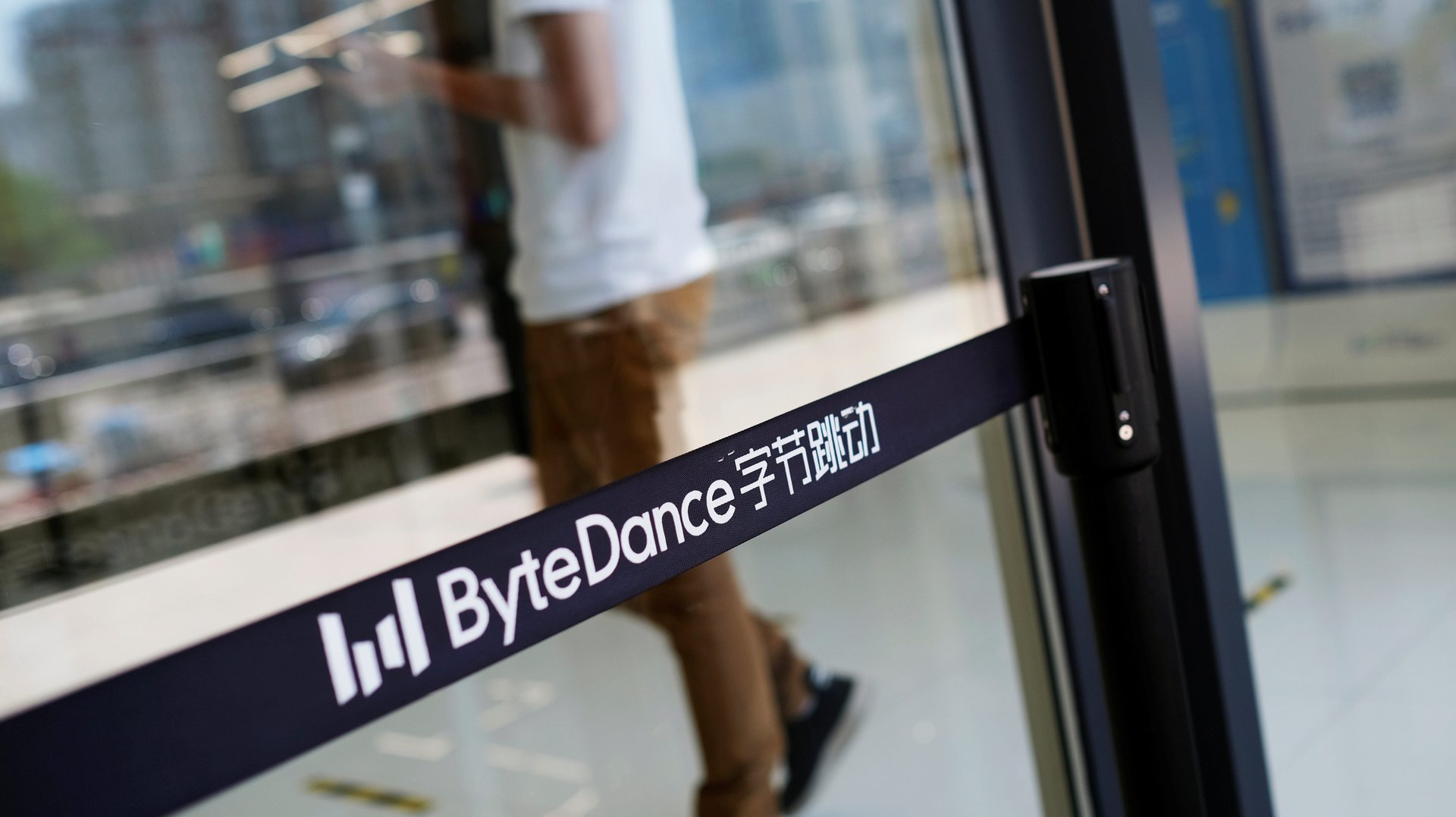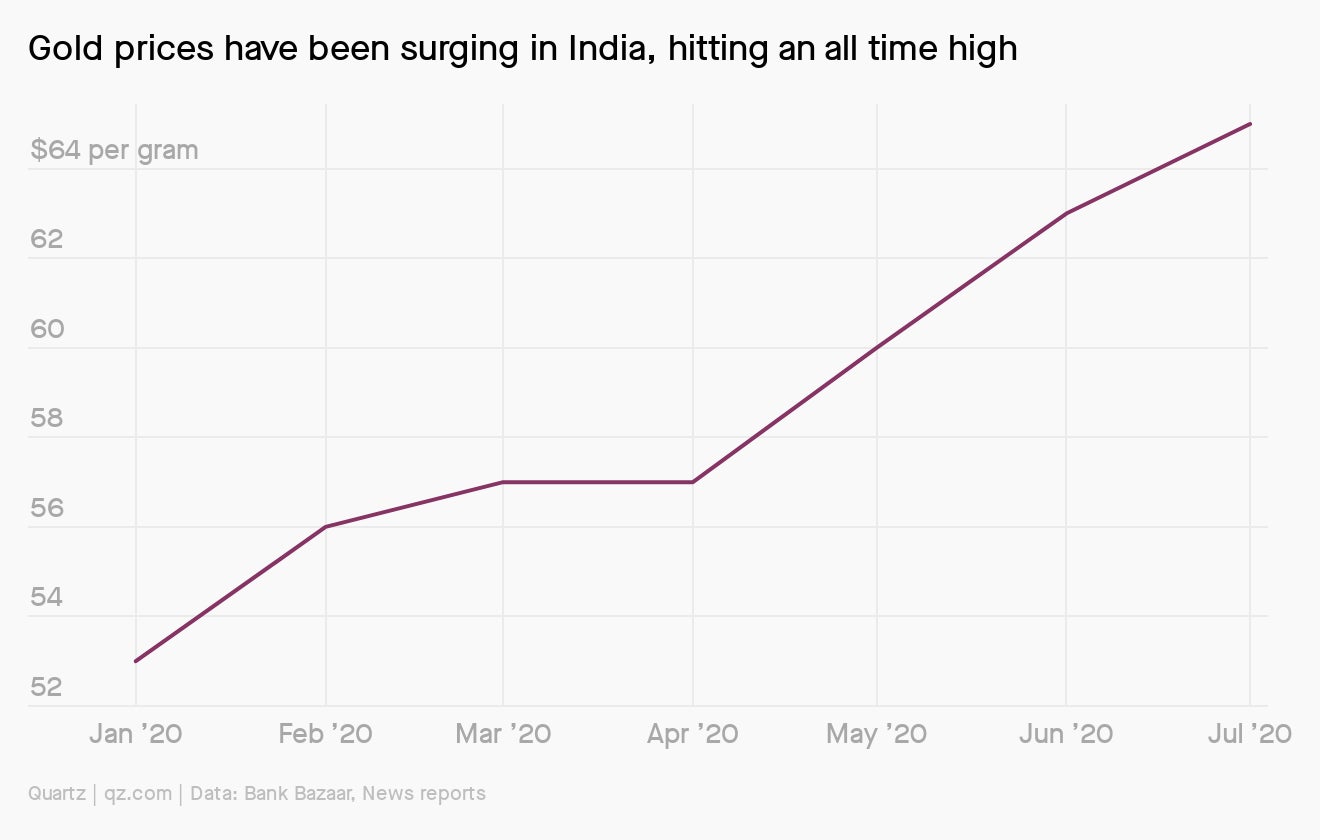WHO wins, TikTok’s fate, mathematical hummingbirds
Good morning, Quartz readers!

Good morning, Quartz readers!
Here’s what you need to know
Joe Biden and China stuck up for the World Health Organization. If elected in November, the Democratic presidential candidate said he would reverse the Trump administration’s decision this week to withdraw from the public health body, while China’s foreign ministry urged the international community to step up its support. Meanwhile, Brazil’s president Jair Bolsonaro tested positive, Dubai reopened, Melbourne shut down again, Bali is praying over it, Russia dug a trench, and Honolulu isn’t sure what to do.
Beijing opened a security agency in Hong Kong. The central government-funded office is part of a sweeping new national security law, and marks the first time Chinese law enforcement will operate officially in the city. US tech giants have stopped processing data requests from Hong Kong while they examine the implications of the law—a move that other foreign firms who who have business in mainland China can ill-afford.
The FBI accused China of stealing Americans’ data. The agency’s director Christopher Wray said in a speech that, “If you are an American adult, it is more likely than not that China has stolen your personal data.” He also said the country steals US military and trade secrets and outlined how it goes after China-born critics living abroad.
Facebook releases an independent civil rights audit. The report comes on the heels of a meeting yesterday between the tech giant’s executives and civil rights groups to discuss how the platform handles hate speech and disinformation, which activists dismissed as a “disappointment.”
American universities grapple with new visa rules. The Trump administration’s move to force some international students taking online classes to leave the US during the pandemic has left schools and students in a state of confusion and anger. Universities are struggling to figure out how and when to reopen safely, and are also facing pushback from students who do not want to pay full tuition for online instruction.
Is the clock ticking for TikTok?

TikTok, owned by Chinese social media giant ByteDance, announced that it will pull out of Hong Kong after Beijing imposed its new national security law, which is bringing Chinese-style internet censorship to the city.
Despite moves from TikTok to distance itself from Beijing, US secretary of state Mike Pompeo said on Monday that the US was looking at joining India in banning the app, comments that boosted shares of Snapchat maker Snap Inc. And Reuters is reporting that the Federal Trade Commission and the justice department are investigating whether the social video platform violated child privacy rules.
TikTok is also under scrutiny in Australia, where lawmakers have called for banning the app over data privacy concerns.
Charting the price of gold in India
With India’s gross domestic product set to shrink for the first time in 40 years and its shadow banking industry going through one of its worst-ever crises, the price of gold in the country has reached an all-time high (✦ Quartz member exclusive). This means a big upside for companies that take gold as collateral for loans.

For Members: Mental health’s turning point
Experts are calling attention to a potentially massive influx of mental health patients due to the pandemic. This week’s field guide examines mental health’s turning point. Here’s what you need to know:
😶 It’s a hidden crisis. People may not be seeking treatment due to social stigmas and fears of contracting Covid-19.
☎ Teletherapy is here to stay. US public telehealth services usage has exploded a hundredfold during the pandemic.
🌍 Africa’s medical professionals understand trauma. But this pandemic is raising mental health issues in ways that people in power are finding hard to ignore.
⚖️ There are stark inequities for essential workers. Treatment is needed, but so is preventing people from reaching a breaking point in the first place.
✦ To wrap your head around the Covid-19 mental health crisis, try Quartz membership with a seven-day free trial. ✦
You Asked about healthcare spending
Since healthcare costs are one of the main contributors to the national debt, will the cost for treatment of the coronavirus bring about the next economic collapse? —Susan
You’ve done a great job of tapping into multiple major debates with a single query. First, the once-common belief that a high national debt should concern a country like the United States is increasingly under fire from economists advancing Modern Monetary Theory.
But for argument’s sake, let’s say a high national debt could bring about the next economic collapse, as you put it. Look at the numbers. The current US national debt is over $26 trillion, and while Congress has approved roughly $3 trillion of coronavirus-related spending, only around $350 billion was earmarked for public health and testing per a tally from National Public Radio.
And while that number is still just a quarter of an anticipated $1.25 trillion overall bill for US healthcare spending due to Covid-19, the alternative to spending for treatment now is a weaker economy—and one with fewer people in it—down the road.
Surprising discoveries
William the Conqueror might have popularized pork. Researchers think the Norman invasion of England in 1066 led to pigs and chickens being farmed more intensively.
Hummingbirds use their counting skills to find food. They can conceptualize the numerical order of particularly juicy flowers, and map out the most efficient routes to a nectar-rich meal.
The Uffizi Gallery is highlighting Black people in Renaissance art. The Florentine museum is launching a short weekly video series to explore the overlooked presence of African figures.
Stop microwaving library books. It’s not an effective way to sanitize them—and you might start a fire.
Bottega Veneta’s Shanghai pop-up is “invisible.” It’s a reflection of the retail scene.
Our best wishes for a productive day. Please send any news, comments, Norman cuisine, and fiery reads to [email protected]. Get the most out of Quartz by downloading our app on iOS or Android and becoming a member. Today’s Daily Brief was brought to you by Mary Hui, Tripti Lahiri, Liz Webber, Prathamesh Mulye, Annabelle Timsit, Jackie Bischof, and Max Lockie.